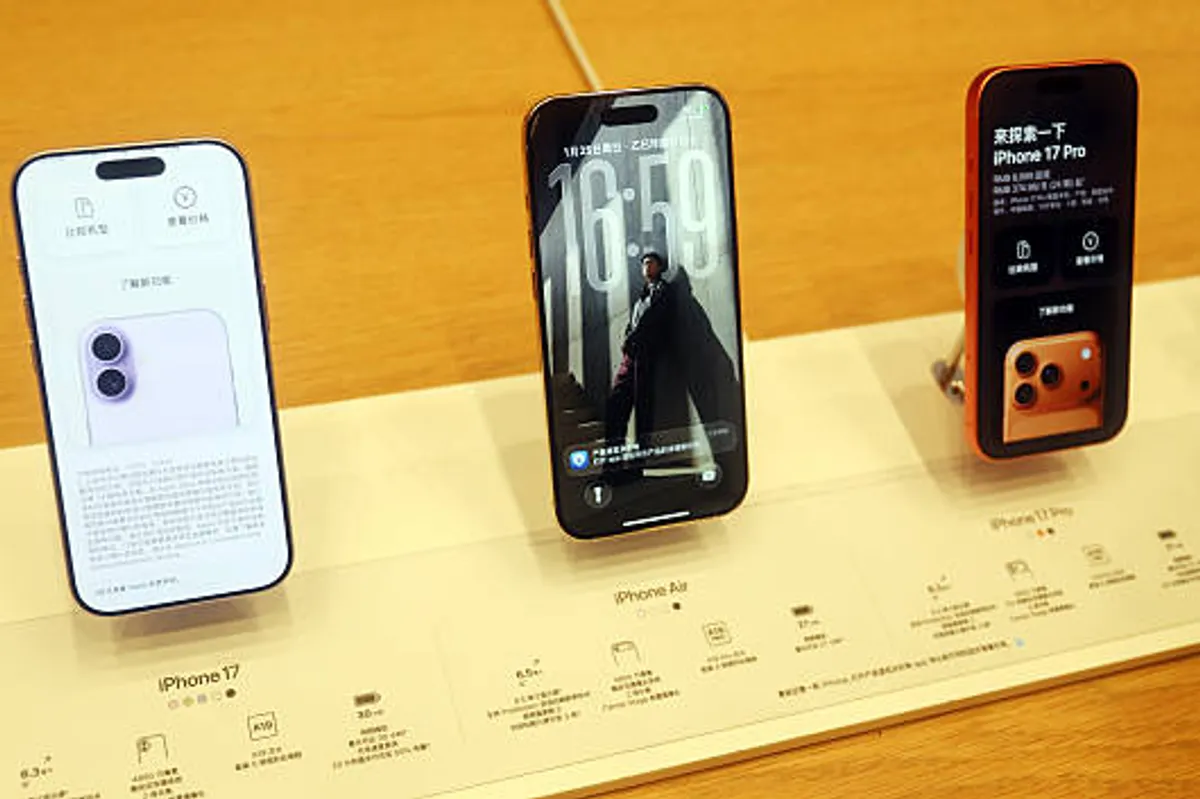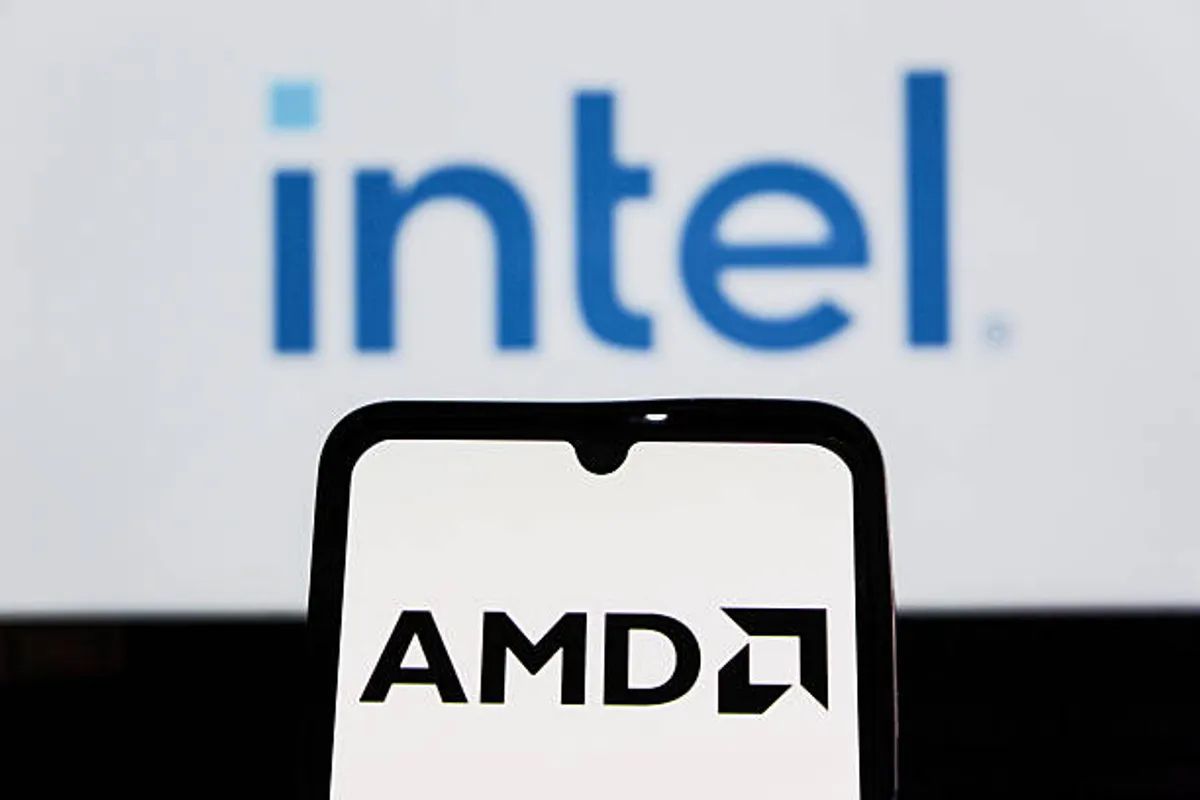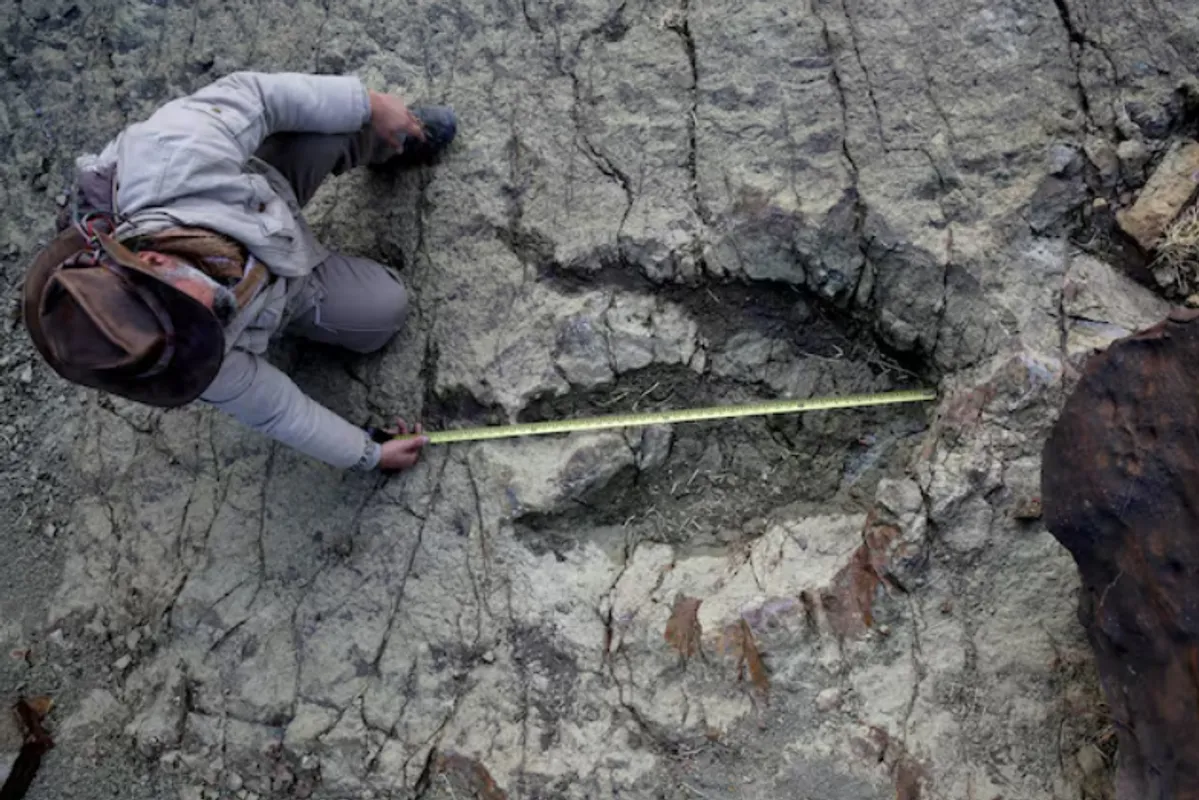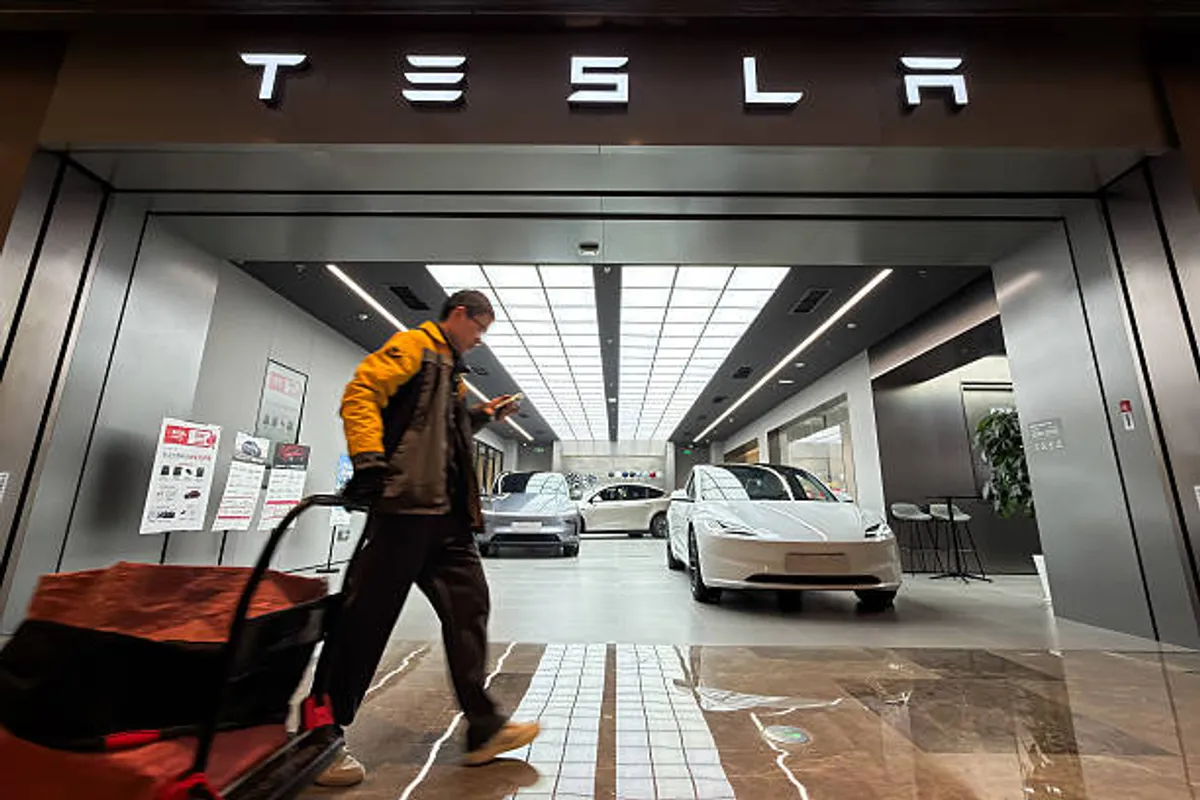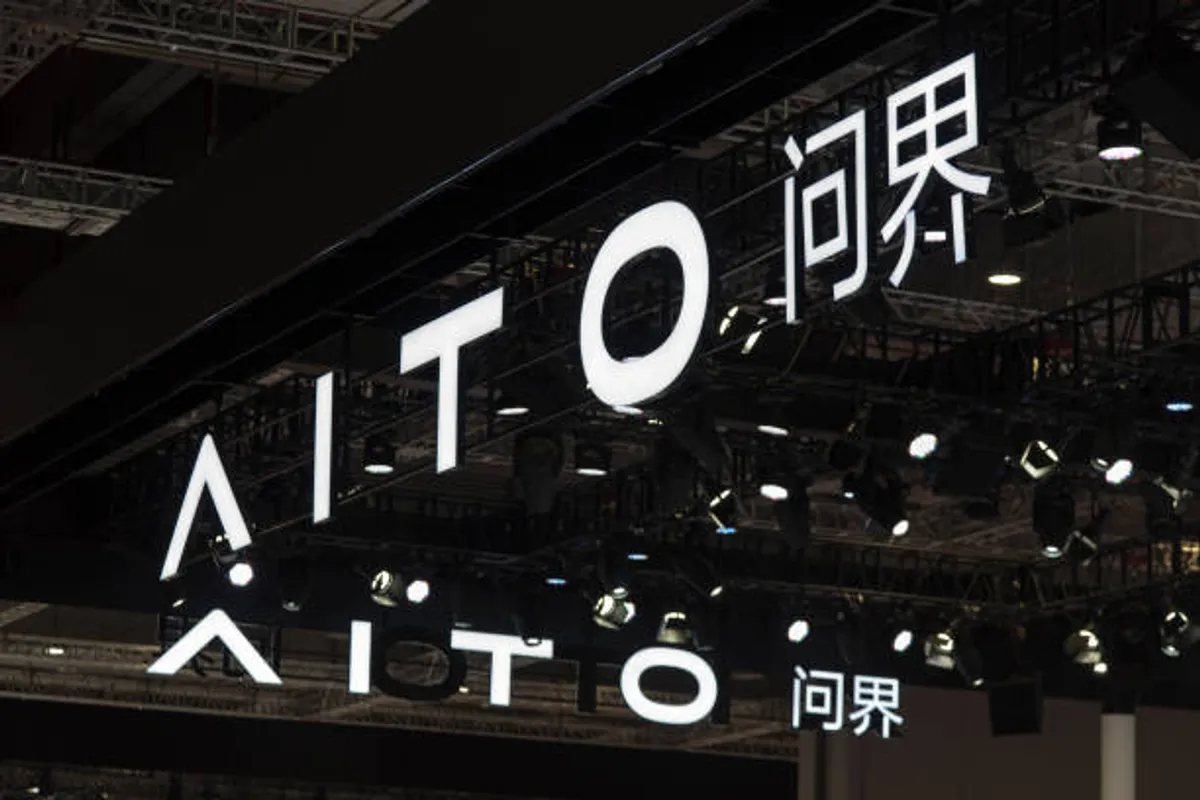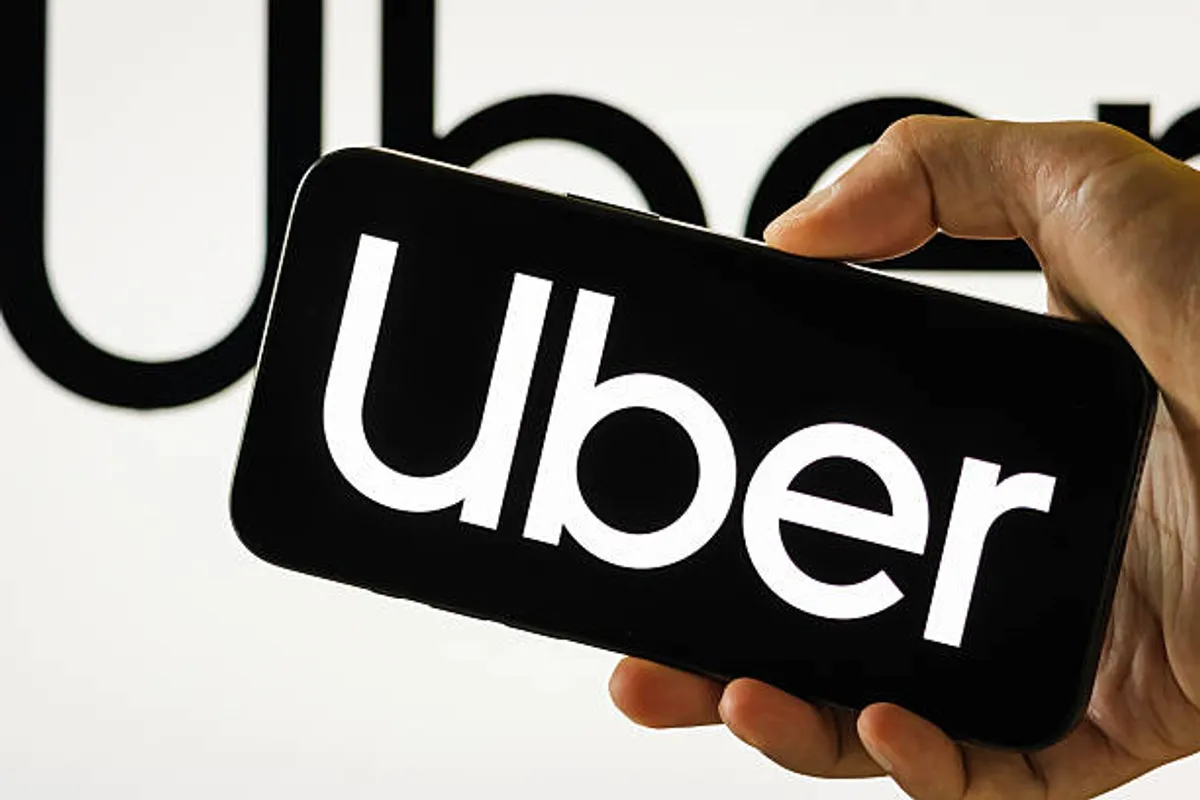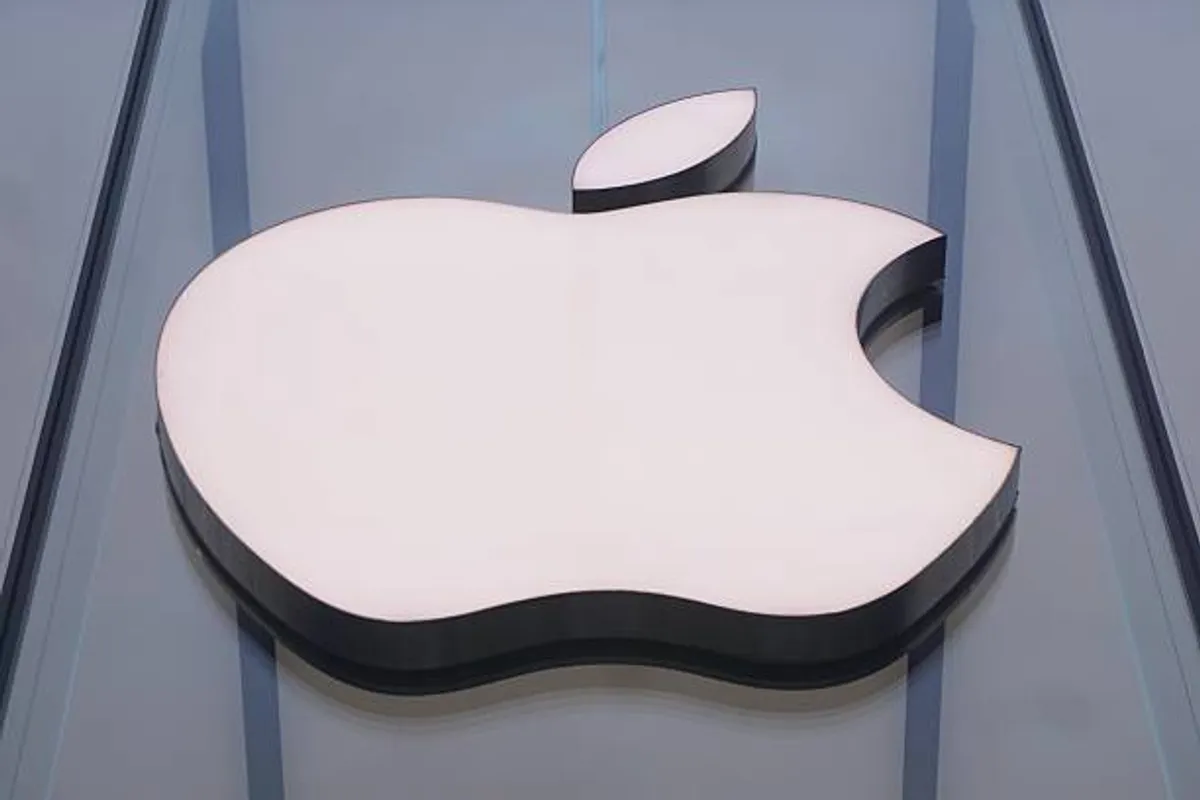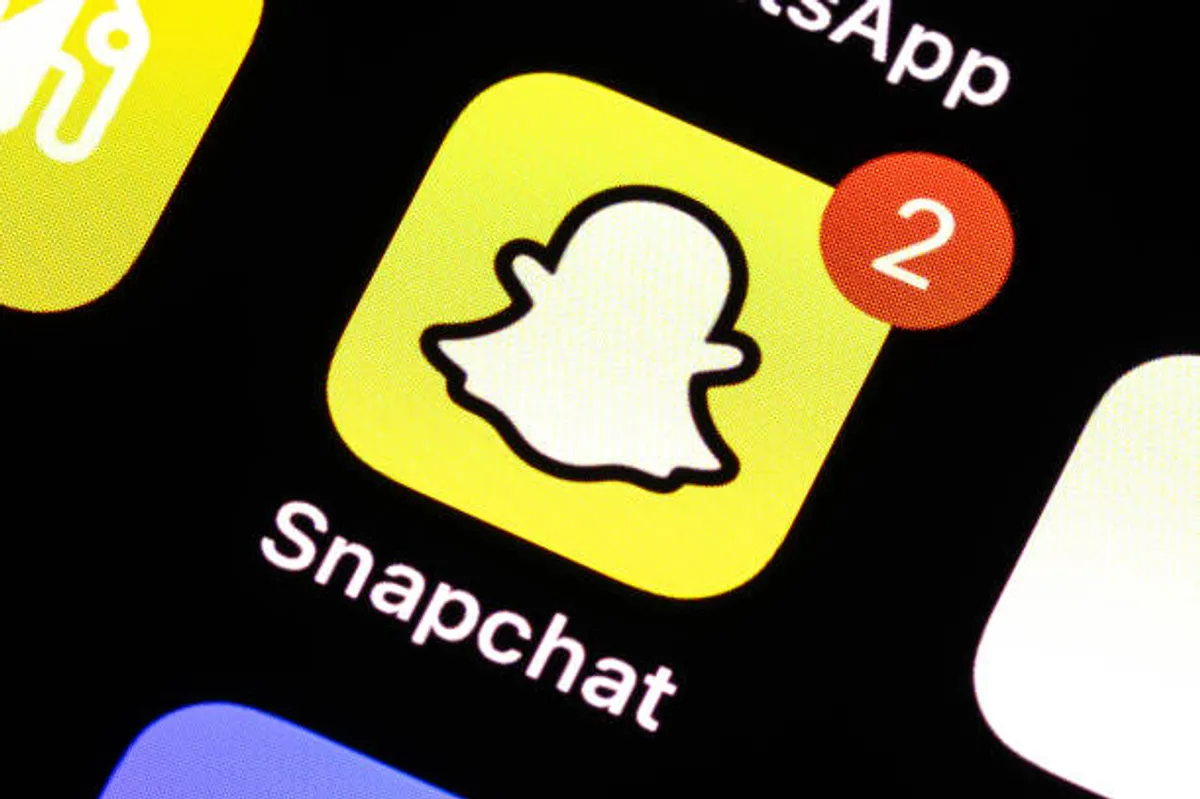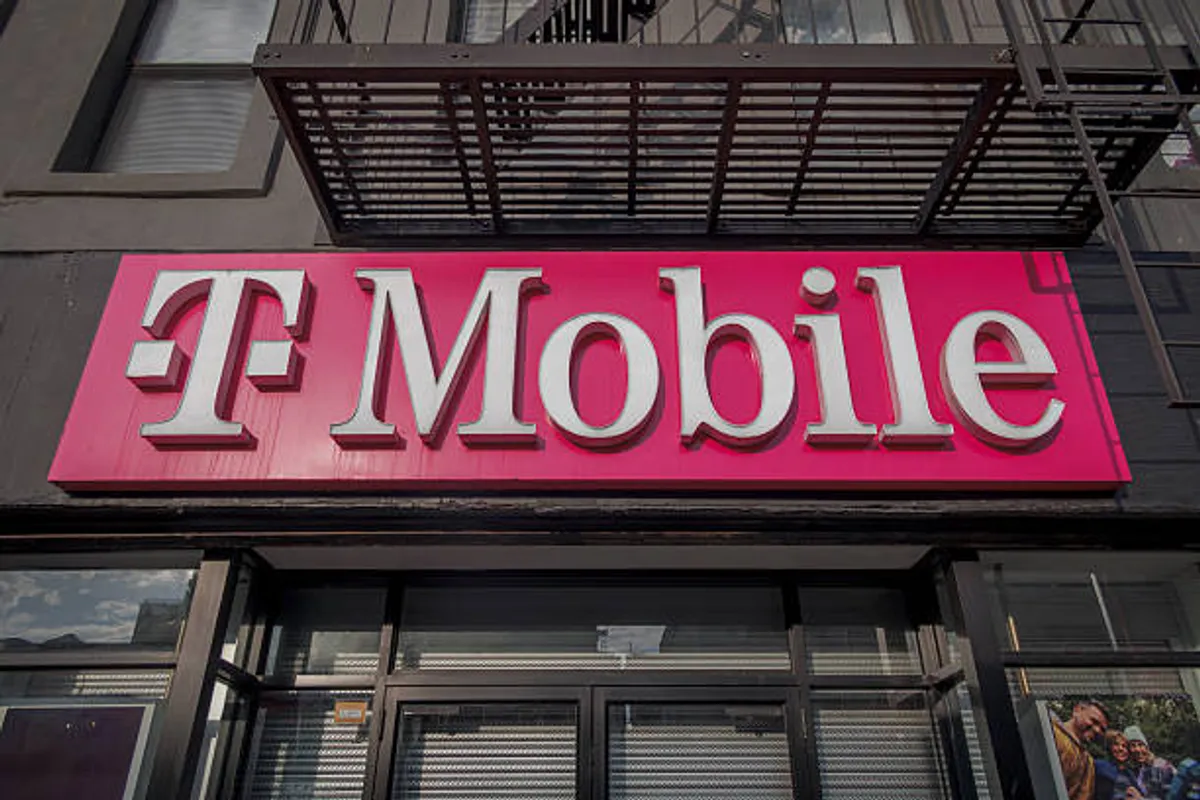Tech Titans Pledge Billions at White House Dinner: Trump Hosts AI Power Players for U.S. Innovation Surge

GeokHub
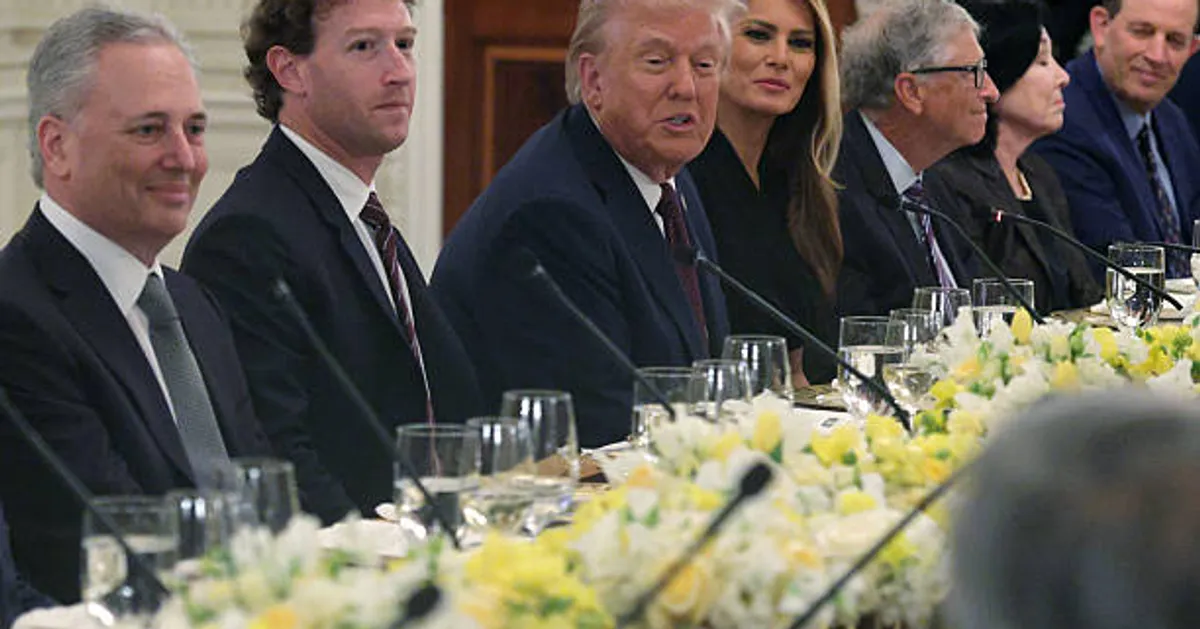
A Night of Toasts and Trillions in the State Dining Room
Washington, D.C. – September 5, 2025 – In a glittering display of corporate allegiance and economic patriotism, President Donald Trump hosted a cadre of Silicon Valley’s elite for an intimate White House dinner on September 4, transforming the newly renovated Rose Garden’s plans into a cozy State Dining Room affair due to inclement weather. The event, attended by 33 luminaries including CEOs from Meta, Apple, Google, Microsoft, and OpenAI, evolved into a high-stakes showcase of massive U.S. investment commitments totaling over $1.5 trillion. Amid effusive praise for Trump’s pro-business policies, the gathering underscored a thawing of once-frigid relations between the administration and Big Tech, with executives lauding the president’s AI Action Plan as a blueprint for American dominance in the global tech race. Notably absent was Elon Musk, whose public rift with Trump highlighted the evening’s undercurrents of shifting alliances.

The dinner capped a day of high-level discussions, following First Lady Melania Trump’s chairing of the White House Artificial Intelligence Education Task Force earlier that afternoon. There, leaders like Google CEO Sundar Pichai and IBM Chairman Arvind Krishna explored AI’s role in K-12 education, with announcements of grants aimed at skilling the next generation. As the sun set, the focus shifted to the economic firepower fueling AI’s ascent, with Trump presiding over a table where guests—seated around a 30-foot expanse—took turns pledging fortunes to bolster U.S. infrastructure, manufacturing, and innovation.
Key Commitments: A Cascade of Corporate Pledges
Trump, ever the dealmaker, went around the table, prompting executives to quantify their “America First” investments. The figures were staggering, reflecting a strategic pivot toward domestic data centers, advanced manufacturing, and AI infrastructure amid threats of tariffs and a push to outpace China:
-
Meta (Mark Zuckerberg): Seated next to Trump, the Meta CEO kicked off the toasts, committing at least $600 billion through 2028 for data centers and AI infrastructure. “All the companies here are making huge investments in the country to build out data centers and infrastructure to power the next wave of innovation,” Zuckerberg declared, highlighting a $50 billion Louisiana project as a flagship of U.S.-centric growth.
-
Apple (Tim Cook): Echoing Zuckerberg’s figure, Cook pledged $600 billion overall, including a recent $100 billion boost in domestic manufacturing announced in the Oval Office last month. “I want to thank you for setting the tone such that we could make a major investment in the United States and have some key manufacturing here,” Cook said, crediting Trump’s leadership for shielding Apple from potential semiconductor tariffs. “That says a lot about your focus on innovation.”

-
Google/Alphabet (Sundar Pichai and Sergey Brin): Pichai touted a $250 billion infusion, calling the AI Action Plan “a great start” and committing $1 billion to U.S. education and job training, with $150 million earmarked for AI grants. Brin, the co-founder, emphasized the administration’s supportive stance: “Your administration is supporting our companies instead of fighting with them—it’s hugely important. We’re at the cusp where these AI models are about to become profoundly useful.”
-
Microsoft (Satya Nadella and Bill Gates): Nadella revealed annual investments of $75-80 billion, praising Trump for creating a “platform where the rest of the world can trust our technology more than any alternative.” Gates, seated beside the First Lady, focused on AI’s health applications, thanking Trump for enabling advanced manufacturing and vowing collaboration to “move American innovation to the next level” in curing diseases like sickle cell anemia and AIDS.
-
OpenAI (Sam Altman and Greg Brockman): Altman hailed Trump as a “pro-business, pro-innovation president,” describing it as a “refreshing change” that would “set us up for a long period of leading the world.” Brockman added, “We’ve been impressed with how this administration has really embraced AI,” noting unprecedented infrastructure builds.
Other pledges included Oracle CEO Safra Catz’s enthusiasm for AI’s transformative power—“You’ve unleashed American innovation and creativity… making it possible for America to WIN”—and AMD CEO Lisa Su’s gratitude for semiconductor support, amid negotiations for a 15% levy on GPU exports to China.
Standout Attendees and the Musk Void
The guest list read like a who’s who of tech royalty, blending CEOs, founders, and influencers:
- AI and Crypto Voices: OpenAI’s duo, Scale AI’s Alexandr Wang (now Meta’s chief AI officer), and White House AI/Crypto Czar David Sacks.
- Venture and Startups: Chamath Palihapitiya (Social Capital), Vivek Ranadive (TIBCO), and Jared Isaacman (Shift4 Payments, a SpaceX collaborator).
- Hardware Heavyweights: Micron’s Sanjay Mehrotra, Blue Origin’s David Limp, and Palantir’s Shyam Sankar.
- Philanthropy and Legacy: Gates, whose foundation eyes AI-driven global health, and Code.org President Cameron Wilson, recipient of Google’s education grants.
Elon Musk’s absence loomed large. Invited but absent due to his earlier 2025 feud with Trump—stemming from Musk’s brief DOGE role and subsequent exit—a Tesla representative attended in his stead. Trump quipped about Musk’s potential GOP return, but the snub amplified whispers of Silicon Valley’s realignments, with rivals like Altman filling the void.
Broader Implications: From Policy Wins to Power Plays
The evening symbolized a detente in Trump-Big Tech relations, forged through inauguration donations and tariff incentives. Executives praised deregulation efforts, like streamlined permitting for energy-hungry data centers and the AI blueprint’s 90 recommendations to export tech while curbing restrictive state laws. Trump addressed power demands head-on: “We’re going to make sure there’s enough energy,” promising faster approvals to fuel the AI boom without environmental overreach.
Yet, beneath the bonhomie, skeptics noted the pledges’ coercive undertones—tariffs as leverage, akin to “thanking the school bully for your lunch money,” as one observer quipped. Topics like immigration (vital for tech talent) and AI’s environmental toll went untouched, while child safety advocates worry about insufficient safeguards for AI’s societal impacts.
For Trump, the dinner burnished his image as tech’s champion, potentially priming the pump for midterm funding. For industry leaders, it’s pragmatic positioning: Regulatory relief and contracts in exchange for domestic bets that safeguard against global rivals.
Echoes of a New Era
As plates cleared, Trump beamed: “This is taking our country to a new level… a high-IQ group.” The First Lady, fresh from her AI education push—including a K-12 contest and the “Take It Down Act” against deepfakes—sat as a poised symbol of balanced innovation. In a year of crypto surges and AI leaps, this gathering signals America’s tech renaissance: Billions committed, barriers lowered, and a president at the helm steering toward supremacy. Whether these vows translate to jobs and breakthroughs remains the real test—but for one evening, Washington felt like the epicenter of the future.
